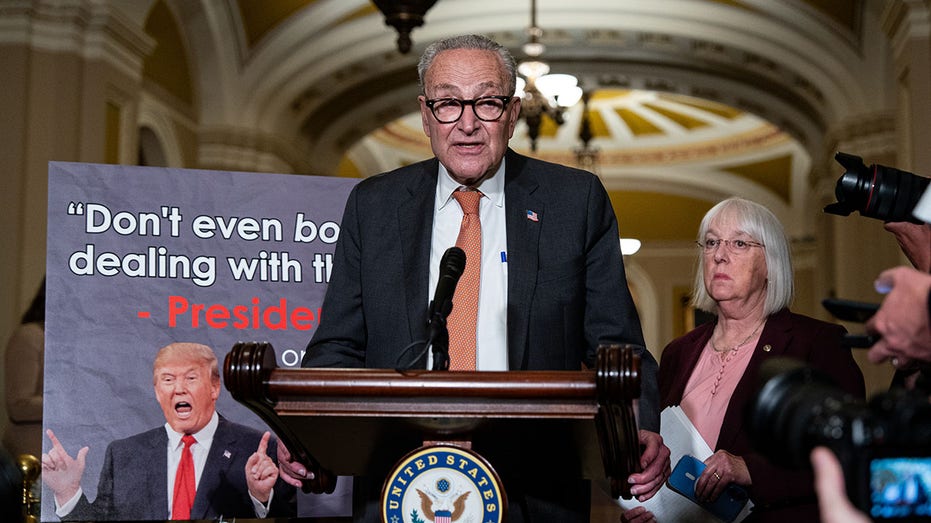The biggest antitrust case against Big Tech in decades turned out to be kind of a flop

Publishers and competitors have been calling to break up Google for decades. It’s too powerful, the argument goes, combining dominance in search, web browsing, ad selling, maps, email, video, mobile operating systems, and more. It uses its power in one segment to buttress others, stifling competition and taking too large a share of the economic pie.
It’s a strong argument! And last year, federal judge Amit Mehta agreed, declaring that “Google is a monopolist, and it has acted as one to maintain its monopoly.” The next step was to figure out what to do about it. Few moments over the past quarter-century have had a greater potential to upend the architecture of the digital economy.
On Tuesday, we finally learned what remedy Judge Mehta had deemed appropriate, and the general reaction has been…meh. Many Google critics had advocated for wholesale trustbusting — making Google sell the Chrome browser that fuels its search dominance, for example, or preventing it from buying preferred search positions on iPhones or other platforms. Instead, Mehta ruled that the company can keep Chrome and would only be banned from buying exclusive search rights to platforms. In other words, Google can’t pay billions to be the only search engine on Safari — but it can keep paying billions to be the default search engine on Safari. (Mehta also said Google would have to share some of its search data with other platforms to make it easier for them to compete.)
For those who’ve been waiting since the 1990s (or 1980s) for aggressive antitrust action against a tech giant, it was a bit of a letdown.
In any event, the case is nowhere near over. Google can now appeal Mehta’s original finding that it is a monopoly. The Justice Department can also argue for more substantial remedies, but it seems unlikely that an appeals court would overshoot the original ruling. (Though the bizarro world the Supreme Court increasingly operates in at least spikes the uncertainty a bit.) And Google still faces a different antitrust suit on its advertising practices; there, also, the company has been declared a monopoly, and we’re also in the waiting-for-remedies stage. That case probably offers slightly higher hopes for publishers seeking an economic boost. But Tuesday’s ruling probably shouldn’t get breakup fans’ hopes up.Illustration made in part with Google’s new Nano Banana model, because AI is surely going to disrupt Google’s market power, right?
What's Your Reaction?
 Like
0
Like
0
 Dislike
0
Dislike
0
 Love
0
Love
0
 Funny
0
Funny
0
 Angry
0
Angry
0
 Sad
0
Sad
0
 Wow
0
Wow
0

































































